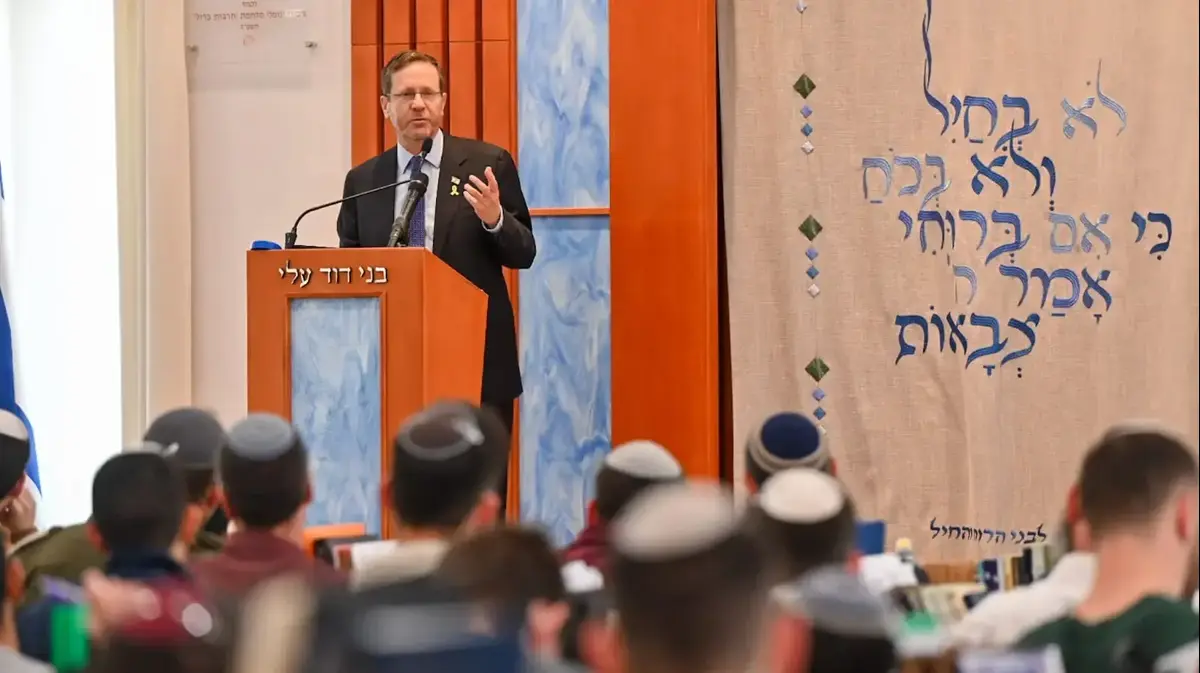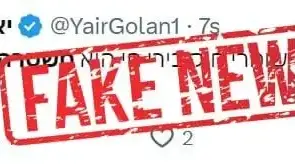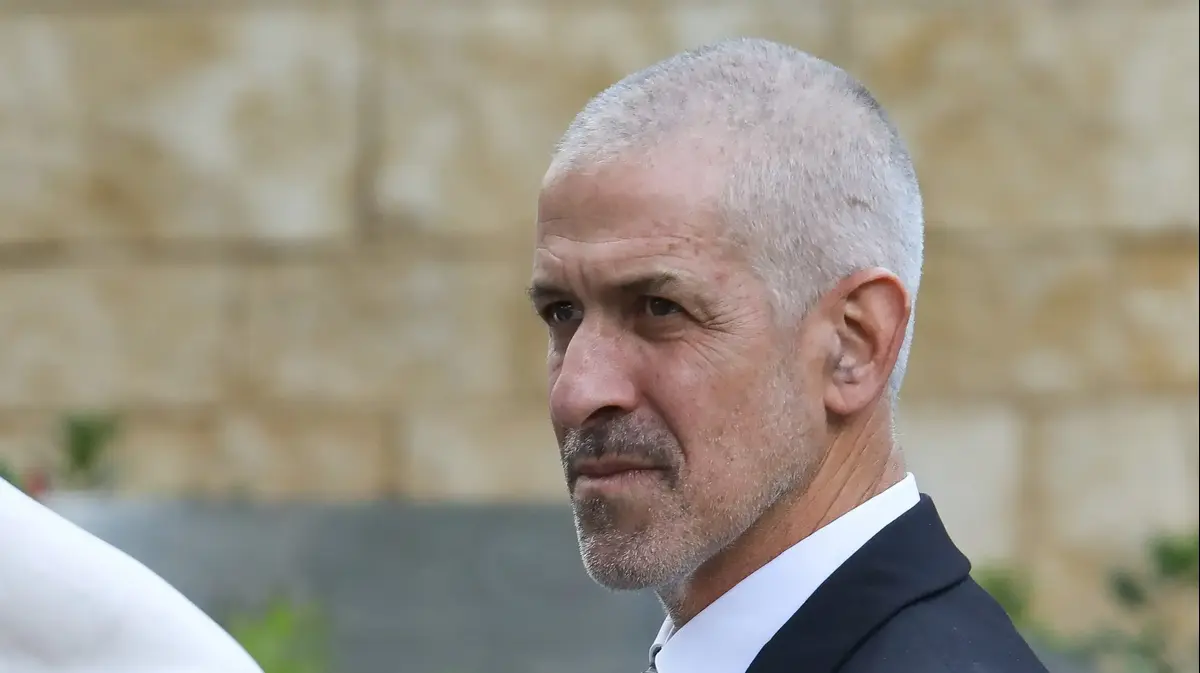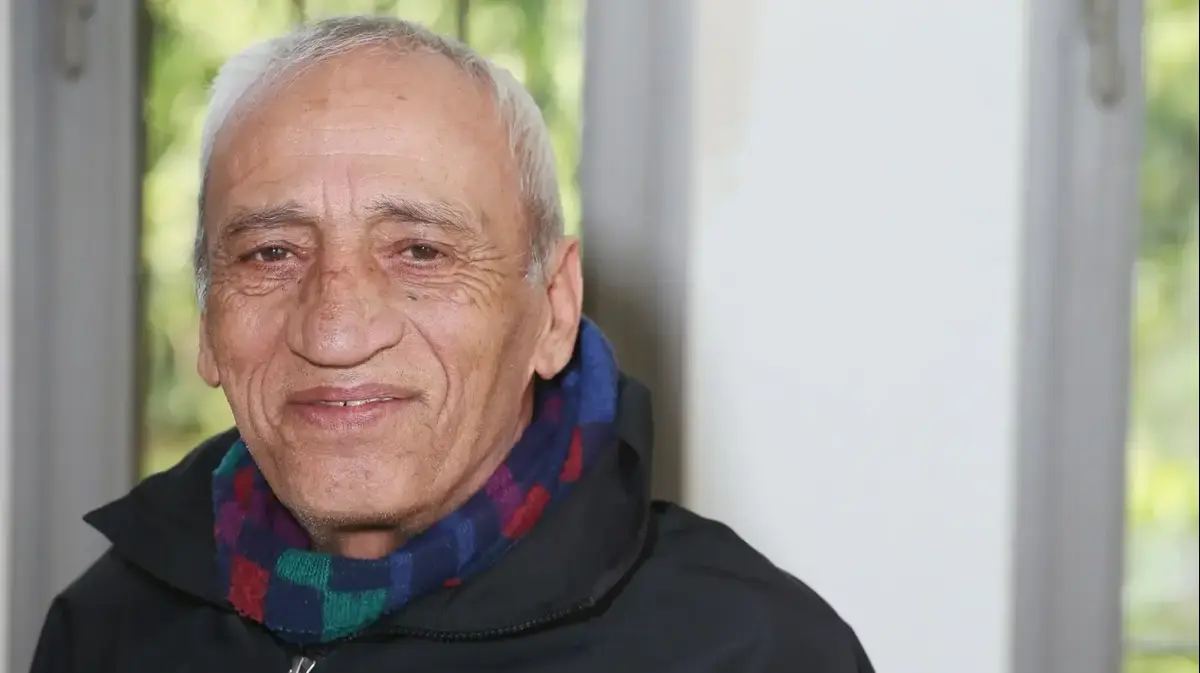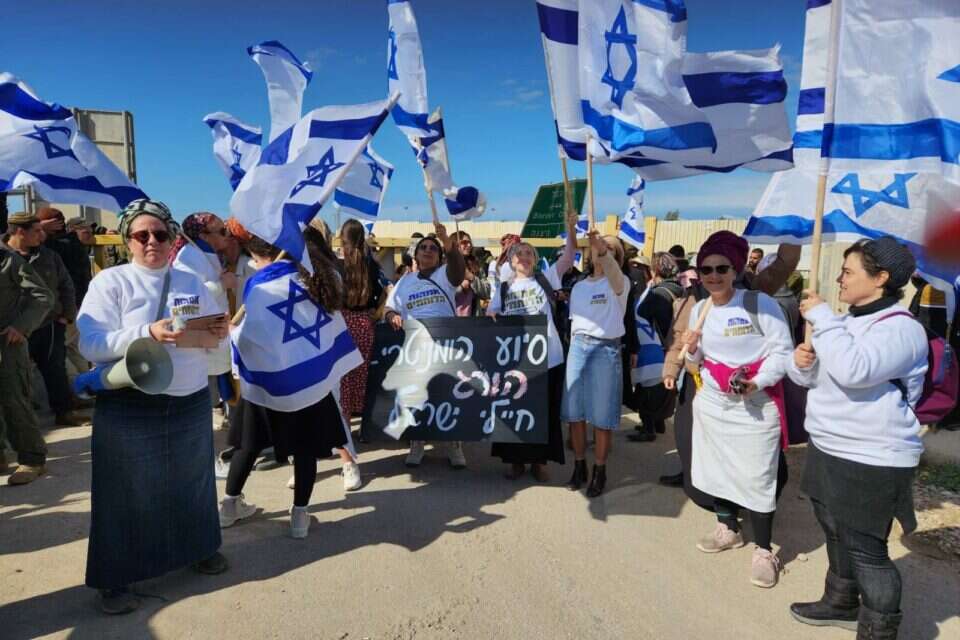Mongoza stars in a documentary about his life as a refugee who came here as a Congolese child, and he tells us about the foreigners: "When you grow up in a white environment but the country tells you 'you do not belong here because you have no citizenship', questions about identity begin
Already at the beginning of the conversation with Sean Mongoza he begins to tell with ecstatic excitement about the demonstration he took part in last Saturday. A moment's decision led him to march with the protesters in the streets, and in a moment of climax he found himself with policemen on one side and a lot of enthusiasm on the other. An indescribable cloud of energy. The change, he says, can be felt in the air. "This is a crazy time, so many things are happening.
There's energy here, Amaleh, "he says in a shaky voice." There's a real revolution here, it's not going to end anytime soon.
A friend told me it was the time of the weak who had not expressed themselves until now.
It's time to recognize this thing beyond fear.
I feel something is rising and floating out now. "
Lyrics: Sean Mongoza // Composer: Sean Mongoza, Oren Emanuel, Jonathan Oppenheim, Boaz Rosenberg // Photo: Moran Mordi
Mongoose, 25, who took the stage in his audition for "A Star Is Born" in 2011, has already managed to add more on-screen roles to his resume.
"Virgins", "Kadbara", "Malchut" and a lead role in "City of Refuge" are just a small part, along with performances on stage, including a major role in "Connected to Life" by the Cameri Theater alongside Shmuel Vilozny.
Fate wanted it and right now, in the midst of a global interracial revolution, the documentary produced about his life is coming out - the documentary "Chansla, the New Black".
The film, produced for the Israeli Broadcasting Corporation in collaboration with the Makor Film and Television Foundation, was directed by Boaz Rosenberg, and it follows Sean's life for the past 7 years (the film will be broadcast on Channel 11 here on November 4 at 9:15 p.m.), and now he is also releasing the song "Wounded animal" accompanying her.
Nearly a decade has passed since the relationship between Sean and Boaz was formed, which translated into a docu that deals in general with the question of foreignness in Israel (a topic that Rosenberg began researching even before he met Sean), and at the individual level focuses on the story of Mongoza, a boy who came to Israel At home with a violent father and ran away from him at a single-digit age to an adoption home and immediately afterwards to a boarding school.
For the first time in the past 20 years since Mongoza immigrated at age 5 with his Congolese parents in search of a better life, he recognizes an initial, though direct, genuine and even blatant discourse - about diversity, xenophobia and the existing and obvious rule.
"I feel that the protests and the discourse about it now in the country along with the black protest in the United States, is necessary," he says.
"We live in a violent world, no matter how you look at it. Blacks in America are going through hell because it is a country that has simply lived in denial for years. And when it comes to protest, breaking stores and presenting blacks is necessary. It is happening now in the country as well. "Of the weak, of the weak."
In the audition for "A Star Is Born" you said that you identify yourself as an Israeli for everything, because "when you bring a child to a foreign country, what can you expect to happen."
It seems that lately you have actually connected more to your identity from the Congo.
"The dialogue with identity is something that will never end. We learn to know ourselves every day anew and still do not really know ourselves. I was born in the Congo and grew up there until the age of 5. My parents made the choice for me to move to another country, I did not make the decision This is in adulthood. I just had to get used to it. We are Africans, we survive, it's something that is part of our currency. I found myself here first meeting my father after he left the Congo when I was a week old (Sean and his mother reunited with their father in the country. ) To find a better place for us to live, and this initial encounter with the violence that was in it made me try to move away from my question of identity.
"But there is something in your father, in your family and in your blood, which are your most basic identity. As a child, I physically chose to stay away from it. But at some point you start asking yourself questions about your identity. When you grow up here in a white environment but the state tells you 'you do not belong' Here, because you have no citizenship ', it happens. On the other hand, you have nowhere to run. My father always took care to keep me close with stories about Africa. As a child it was not simple, this confusion of identity. I think he will not be resolved until I My own nuclear cell. "
In the "wounded animal" that accompanies the film, he sings (Blingla - his Congolese language): "Look at my skin, what color do you see / My mother is black, my father is also black / I was born in the Congo, a beautiful country / Today I know it, Miriam "Head up / Because I know I'm going ahead / My animal, I'm releasing you from jail."
Even in his musical work, Mongoose does not give discounts to the white environment.
View this post on Instagram
A post shared by Chancela Mongoza Shun Mongoza (@seanmongoza) on Jul 12, 2020 at 1:44 am PDT
Some would argue that while our situation is not yet ideal, blacks in Israel today have much more voice than in the past.
Actors, news reporters, musicians, reality winners, sending to the Eurovision Song Contest and even another Congolese representation of Shahar Seoul.
"Shahar Seoul is my big favorite, but there are a lot of manipulations here. The entertainment industry is still hiding behind what I call 'politically correct racism.' It's as if they're doing a favor, but there's something much more complex about it. Everything is served to you in a very pleasant poppy shell. To the eye. To be pleasant, not to hurt. But let's take 'Big Brother' for example. So even if you have a winner, how does it make sense that in an entire cast there is only one black? How does it make sense? Why are there no two, three, four? interesting.
"The place where I am as a black actor is crazy, but there is still a lot of work to do. So I used to get auditions for refugee roles and now it is a happy refugee and speaks Hebrew. But he is still a refugee! I hope the good news Boaz and I bring with this film will provoke a very interesting conversation. "Our goal is to make things change. They tell me about certain roles that an Mizrahi actor is actually looking for. What's going on with you? Enough, we went through the Ashkenazi-Mizrahi discourse, we progressed.




